Republished from the Brandon Sun print edition August 7, 2015
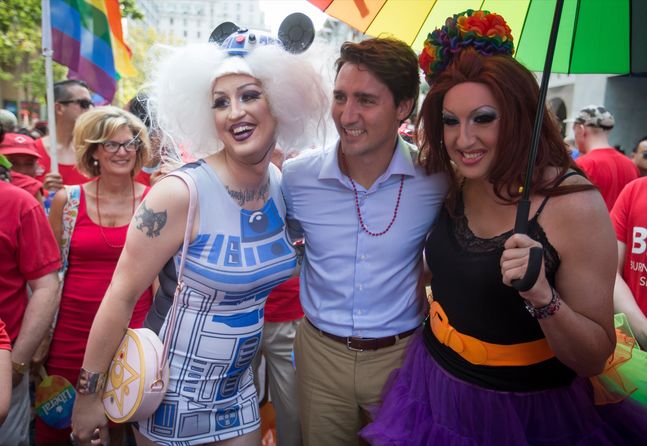
In what will be the second-longest campaign in Canadian history, the marathon 42nd election is officially underway.
As the writ dropped this past Sunday, all three of the main leaders were quick to lay out their first steps on the long road ahead.
Whether the Conservatives’ strategy was to try to run the other two parties out of money by calling such a lengthy campaign period, or whether Stephen Harper’s plan was to try to extinguish a flame that has begun to burn under the NDP, in either case, Canadians are in for a long and potentially sordid mug’s game.
Plenty has been said on the contrasting viewpoints of the leaders and their parties. From Justin Trudeau’s off-the-cuff style to Tom Mulcair’s ever-changing persona to the prime minister’s cool, if not cold, approach to people, each will have their smallest flaws pointed out to the public over the 11-week election.
Speaking of that 11 weeks, this will be the longest campaign since John A. Macdonald’s re-election in 1872.
Rough numbers show it will cost taxpayers more than double as spending limits increase to more than
$50 million per party running a full slate of candidates. Furthermore, with the way the rebate system works on election spending, not all of that is party money. A large portion of that is your money.
In the early stages, we have already seen some strong indicators of things to come. Both Harper and Mulcair took to the offensive in attacking the rookie moves of Trudeau.
The Liberal leader was en route to a Pride event in Vancouver when the writ was dropped and was unavailable for comment until the plane landed. Upon emerging, the attack had already begun — actually it started more than a year earlier, but that was beside the point.
Trudeau stated he made a promise to the people of Vancouver he would be there at the event and wanted to make sure he held up his end of the bargain. Whether it is believed to be in poor form or not, it looks like Trudeau is ready to run the Liberal campaign by his own rules.
Coincidentally, Mulcair was scheduled to be at that same event before he bailed to await the announcement from the Prime Minister’s Office.
This has become indicative of the contrast that exists among the three main leaders. The Liberals clearly know that Trudeau is at his best when he is out on the ground; certainly he knows that as well. His performances in the debates are important, but his skill lies in events like the one he was en route to when the election was called. Whether it is viewed as glad-handing or mugging for the cameras, the approach has been successful for him in the past.
He frustrates both those in his own party as well as the other two main leaders, and if the early stages are an indication, Mulcair and Harper have already had enough — going to the point of actually refusing to refer to the Liberal leader by his full name or answer any questions pertaining to the polarizing Trudeau.
Whether the other two parties want to demonize this or not, undoubtedly one of their biggest fears is that in his ground game, Trudeau will be able to mobilize the vote
of those Canadians disenfranchised by the current regime — the type of voter who in the past was apathetic to actually going out and casting a ballot.
For example, in the election of 2011, only 61 per cent of eligible Canadians cast a ballot; in 2008, the numbers were even lower at 58 per cent. Either of those election results may have been vastly different if even 75 per cent of Canadians voted. If either the NDP or Liberals are able to energize that extra 10 to 15 per cent, the resulting outcome will change the political landscape in Canada.
Eleven weeks of attack advertising, debates, events and policy announcements is a marathon for Canadians. This election has all the indications of being one of the most bitter in our history and in the end won’t be bolstered by many redeeming qualities.
Our political system has changed, and it looks like there is no turning back now. The hope is, however, that those who have questioned current regimes take the time to educate themselves on the issues and, most importantly, cast a ballot.
Now, more than ever before, each vote and each voice actually counts.
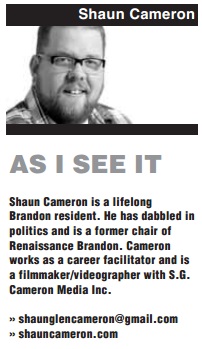
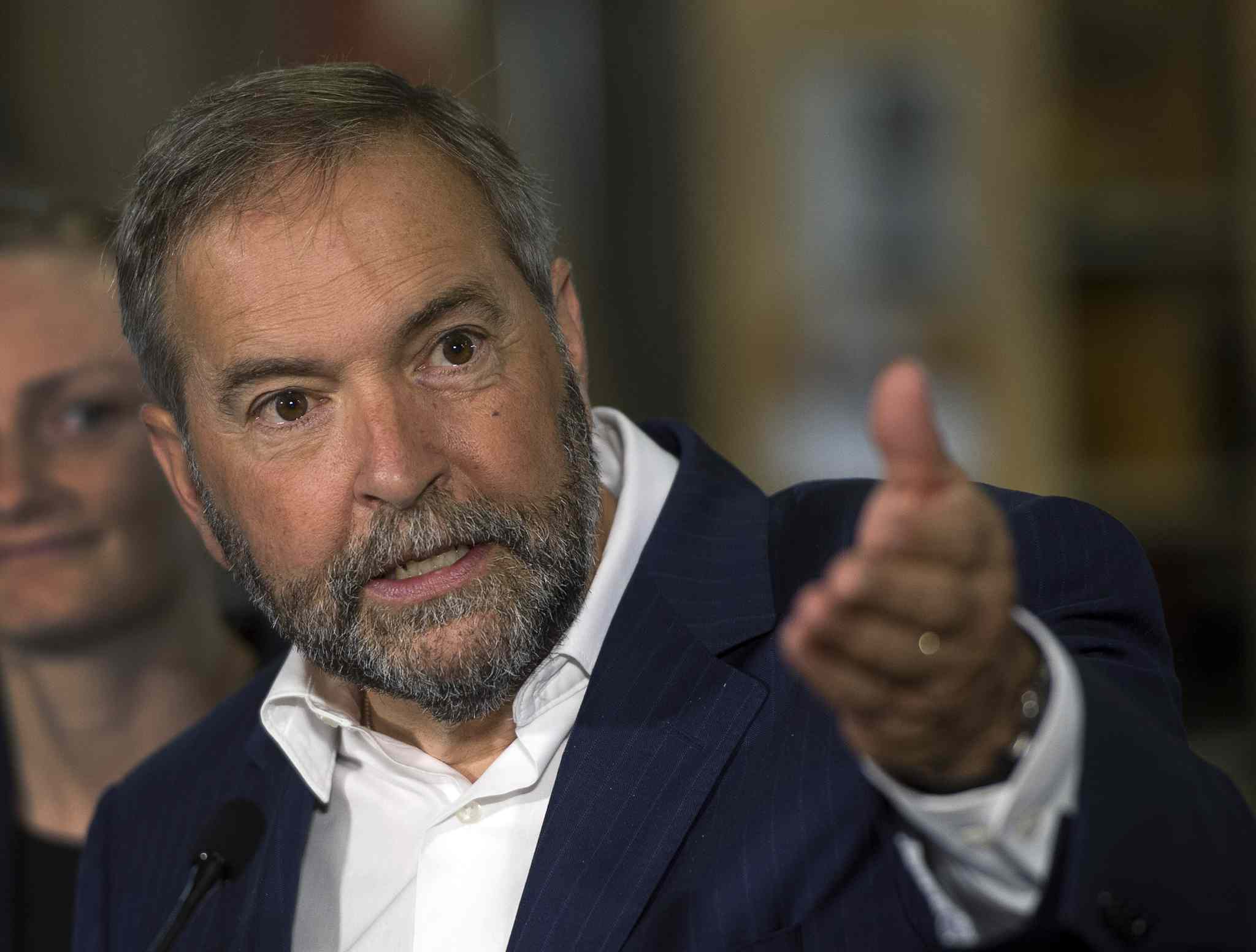
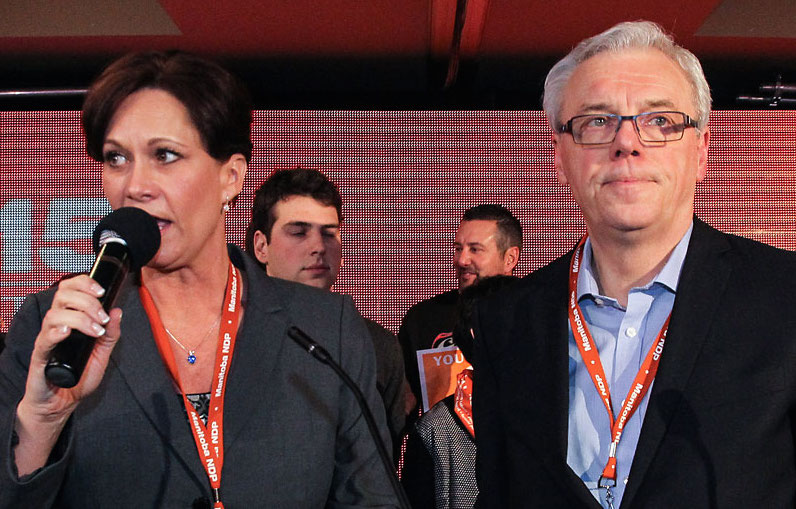
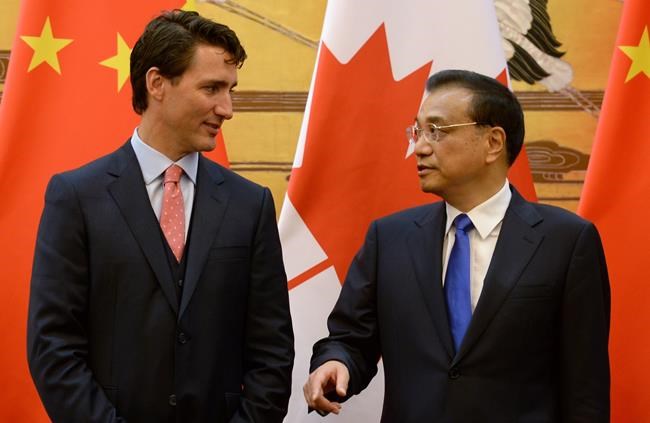
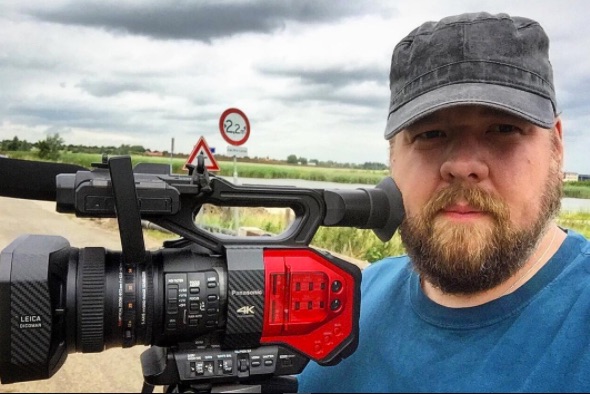
Social Profiles